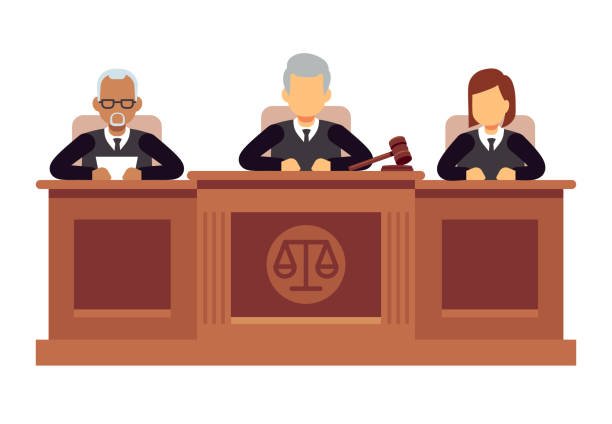What is meant by the term right to freedom of expression?
The right to freedom of expression is a fundamental human right crucial for the preservation and operation of democratic systems. It empowers individuals to freely share their thoughts, opinions, ideas, and emotions without inappropriate government restrictions. This right is integral to fostering public debate, critiquing governance, and promoting transparency.
Here’s a breakdown from a legal perspective:
- Forms of Expression: The right encompasses various forms of communication including speech, written communication, art, music, and digital expressions through social media and other online platforms.
- Press Freedom: A critical component of freedom of expression is the freedom of the press, which permits journalists and media entities to collect, report, and disseminate information and opinions without fear of censorship or reprisal.
- Regulatory Constraints: Though the right to freedom of expression is broadly protected, it is not absolute. Legal frameworks across the globe recognize that certain restrictions may be necessary within a democratic context. These restrictions are often instituted to protect national security, public order, or the rights of others, and include laws against defamation, hate speech, and incitement to violence.
- International Legal Frameworks: Internationally, the right to freedom of expression is safeguarded by significant legal documents such as the Universal Declaration of Human Rights (Article 19) and the International Covenant on Civil and Political Rights (Article 19). These documents delineate both the scope of the right and the conditions under which it may be restricted.
In a legal context, understanding the right to freedom of expression involves appreciating its importance to democracy as well as recognizing its boundaries, which are designed to ensure that exercising this right does not impinge on other critical interests or rights.
Examples
In South Africa, the right to freedom of expression is enshrined in Section 16 of the Constitution, which underscores its importance in a democratic society while also acknowledging that it carries certain limitations. Here are five relevant examples of how the right to freedom of expression is applied and observed in South Africa:
- Media Freedom: South Africa has a robust press that operates relatively freely compared to other nations in the region. Media outlets, including newspapers, television, and radio stations, can critique the government and discuss sensitive political matters without facing censorship. This is a direct application of the constitutional protection of freedom of expression and press.
- Public Protests: South Africans have the right to protest and hold public demonstrations, which are common and cover a range of issues from service delivery to political corruption. These protests are a manifestation of the public exercising their right to express dissatisfaction and demand change, a core aspect of democratic engagement.
- Social Media Commentary: With the advent of social media, South Africans, like many worldwide, use platforms like Twitter, Facebook, and Instagram to express their opinions on a multitude of subjects including politics, culture, and society. This digital form of expression is protected under the right to freedom of expression, although it can sometimes lead to legal battles over defamation or hate speech.
- Artistic Expression: Artists in South Africa utilize various forms of art to express cultural, historical, and political narratives. Art exhibitions, music, and literature often explore themes that might be contentious, relying on the constitutional right to freedom of expression to cover their creative outputs.
- Whistleblowing on Corruption: Whistleblowers in South Africa are protected under laws like the Protected Disclosures Act, which encourages individuals to report unethical behavior within public and private sectors. This legal protection aligns with the broader right to freedom of expression, particularly in fostering an environment where citizens can expose corruption without fear of retaliation.
These examples highlight the practical applications of the right to freedom of expression in South Africa, demonstrating its pivotal role in maintaining a vibrant and accountable democracy.
Did You See These?
- Reasons to File a Complaint Against an Attorney in South Africa
- Why Both Men and Women Could Become Victims of Gender-Based Violence
- Best Antenuptial Contract Attorneys in Johannesburg
- What is Needed to Renew Driver’s Licence?
- Law Firms Offering Articles for 2025 and 2026
- Can You Get a Criminal Record for Speeding in South Africa?
- African Legal Approach to Law and Conflicts
- Professional Driving Permit (PrDP) Requirements in SA
Disclaimer
The content presented on this website was originally created by the team at Legal Advice. All information related to legal firms and legal matters is based on "User Submitted Data", and or publicly accessible data available from more than one online sources. Should you have any concerns or disputes about the information provided, please feel free to reach out to us at hello@legaladvice.org.za.

